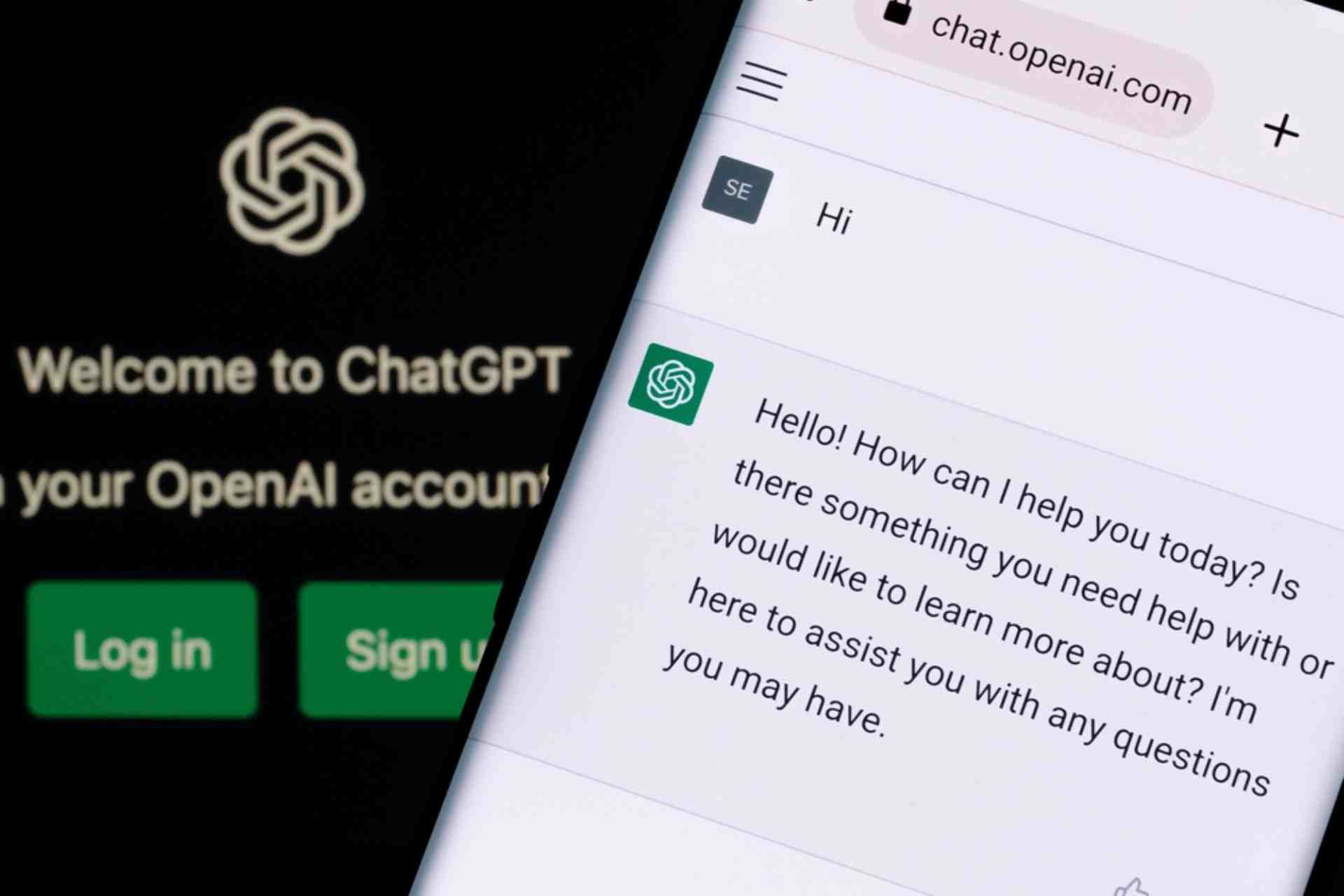OpenAI has launched a prototype of its new search engine, SearchGPT, aimed at challenging the supremacy of Google’s search engine. The announcement marks a strategic move by OpenAI, backed by Microsoft, to revolutionise the way users access information online.
SearchGPT is designed to deliver “fast and timely answers with clear and relevant sources,” according to OpenAI. This prototype is currently being tested with a select group of users, with plans for future integration into OpenAI’s popular ChatGPT chatbot. The goal is to provide real-time, highly accurate information retrieval, which could significantly alter the current search engine dynamics.
Sam Altman, CEO of OpenAI, emphasised the potential of SearchGPT in a post on X (formerly Twitter): “We think there is room to make search much better than it is today… we will learn from the prototype, make it better, and then integrate the tech into ChatGPT to make it real-time and maximally helpful.”
The prototype aims to offer direct, up-to-date answers from the web, complete with clear attribution and relevant source links. This ensures that users can quickly verify the information and delve deeper into the subject matter through additional sources listed in a sidebar.
One of the standout features of SearchGPT is its conversational ability, allowing users to ask follow-up questions much like they would in a human interaction. This conversational aspect is designed to streamline the search process, making it more intuitive and user-friendly.
Market reactions and strategic feedback
The unveiling of SearchGPT has significant implications for the search engine market, particularly for Alphabet, Google’s parent company. Following the announcement, Alphabet’s shares dropped by more than three percent, reflecting market concerns about the potential disruption posed by OpenAI’s new technology.
OpenAI’s SearchGPT is currently in a testing phase with a limited group of users and publishers. Those interested in experiencing the new search engine can join the waiting list to provide feedback and help refine the tool.
The introduction of SearchGPT follows the recent launch of OpenAI’s GPT-4o mini model, an advanced iteration of its powerful GPT-4o. By continuously pushing the boundaries of AI technology, OpenAI aims to maintain its leadership in the competitive and rapidly evolving generative AI market.









Discussion about this post